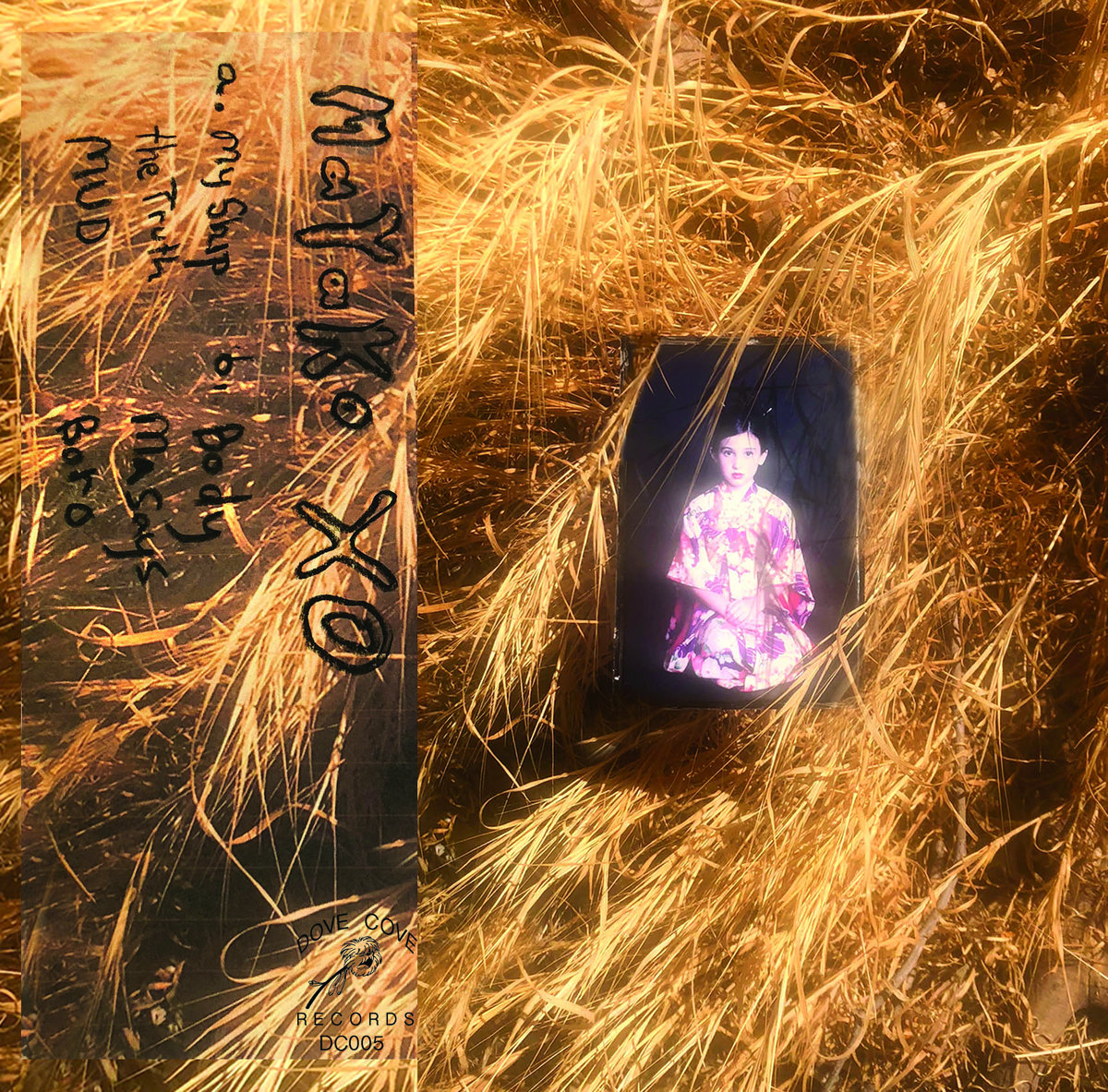Gerard Marcus
I first heard Bobey on Golden Brown’s Perfectly Toasted Vol. 1 two years ago, and quickly fell for his minimal production style featuring looping guitar and almost mundane lyrics. His new single, “Foothills,” is a wonderful example of an artist honing his skills and bringing them to a new level.
“Foothills” begins with syncopated guitars, hypnotically layered in signature Bobey style. This immediately soothing atmosphere draws listeners into his meditative world, a perfect backdrop for the subtle and nuanced lyrics. They evoke wisps of memory, beautifully conveying a hazy recollection of everyday life. “I’m overworked / But I’m not sure / Called my old boss ‘You don’t work here anymore’.” Bobey’s lyrics depict time as a confusing, fractured thing. When combined with his repetitive and hypnotic production, they create a sense of timelessness that leaves the listener contemplating the space between relaxation and madness. Off his upcoming EP Siblings (out August 24th), “Foothills” is a magical exploration of the prosaic nature of memory and the stillness of time.





